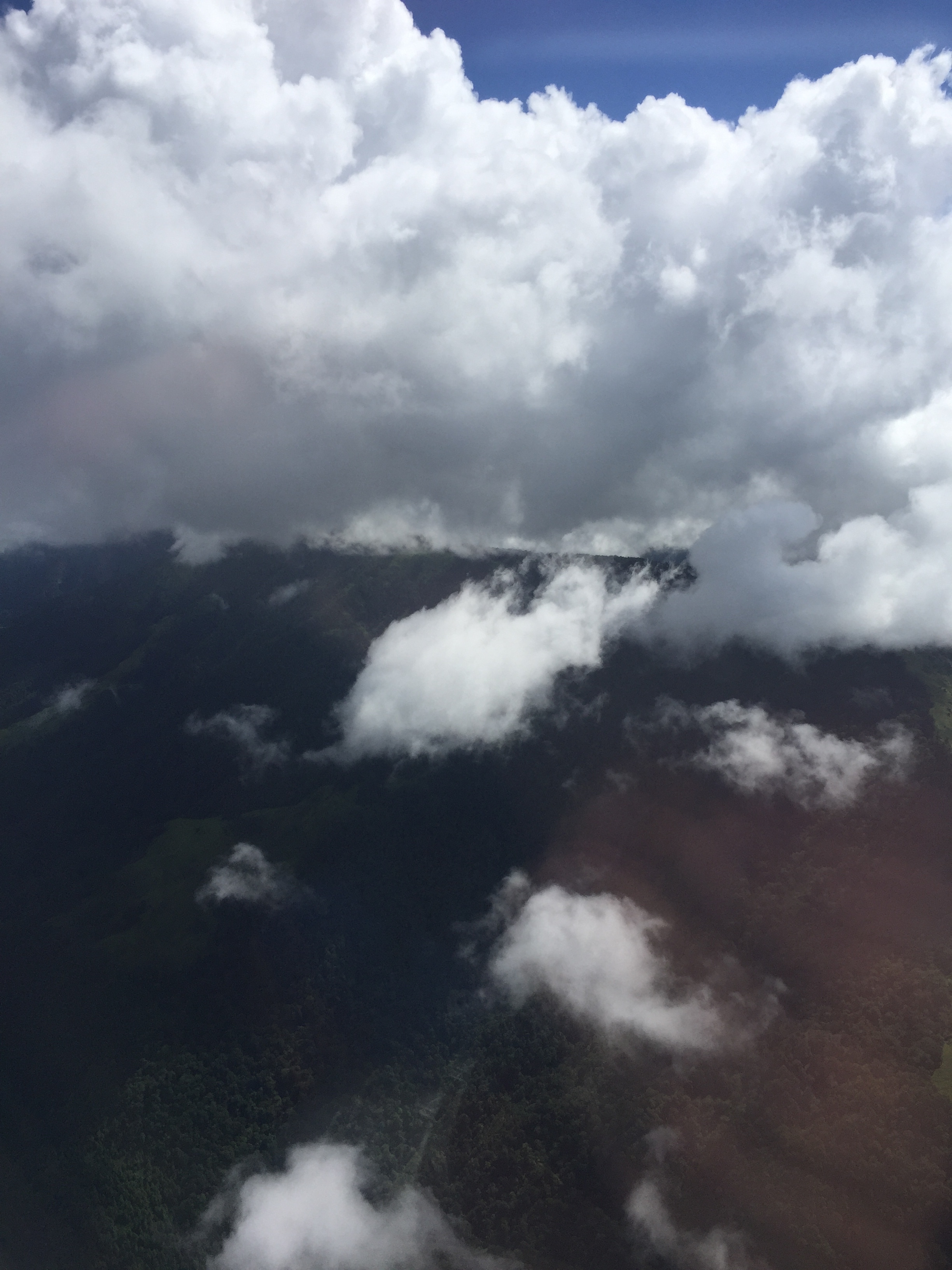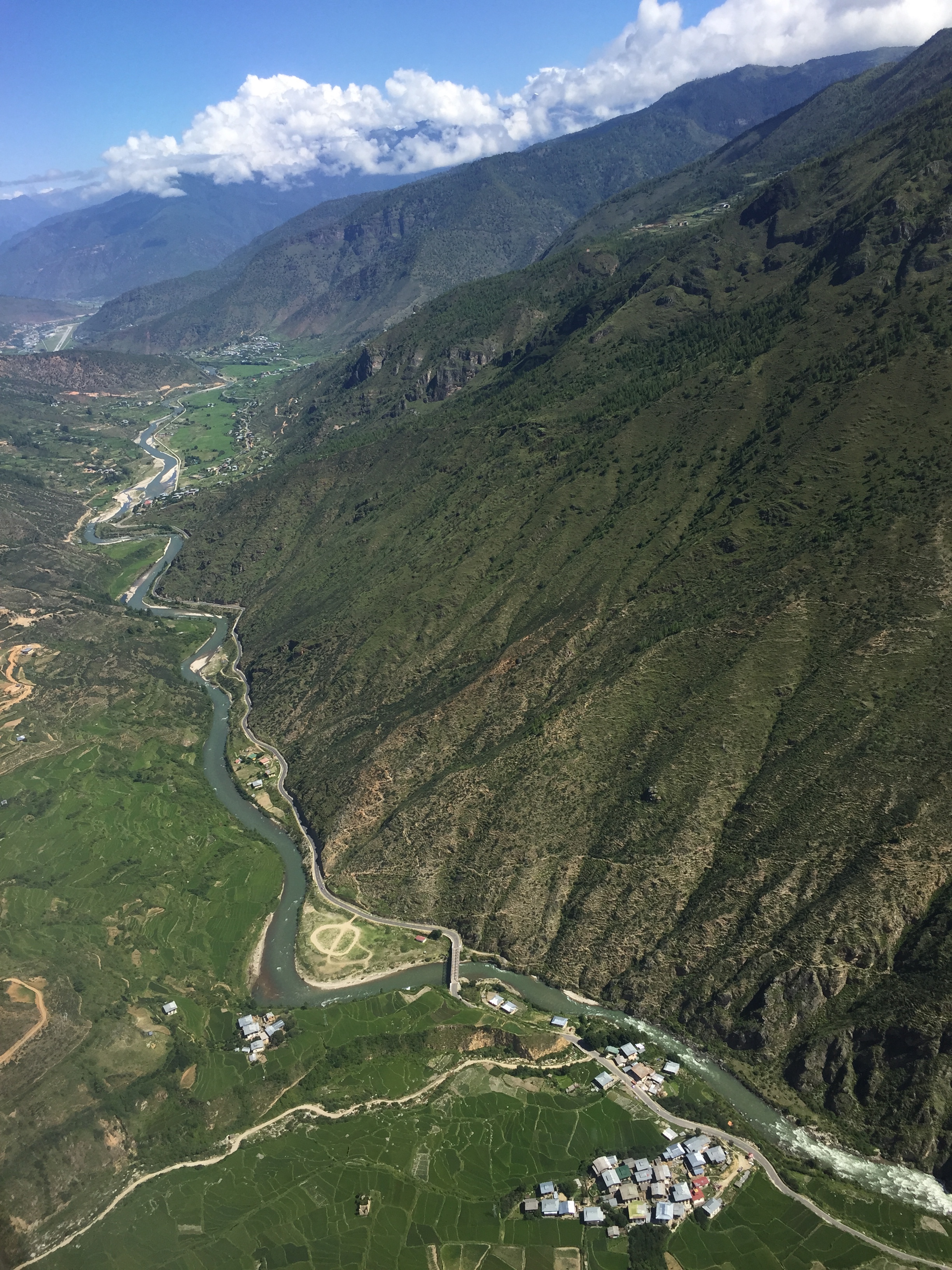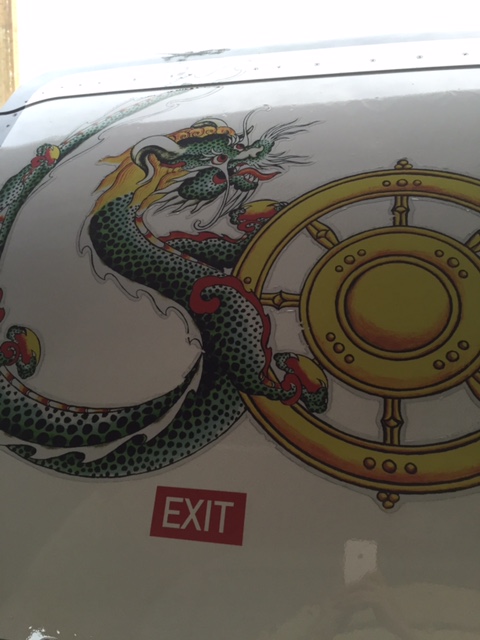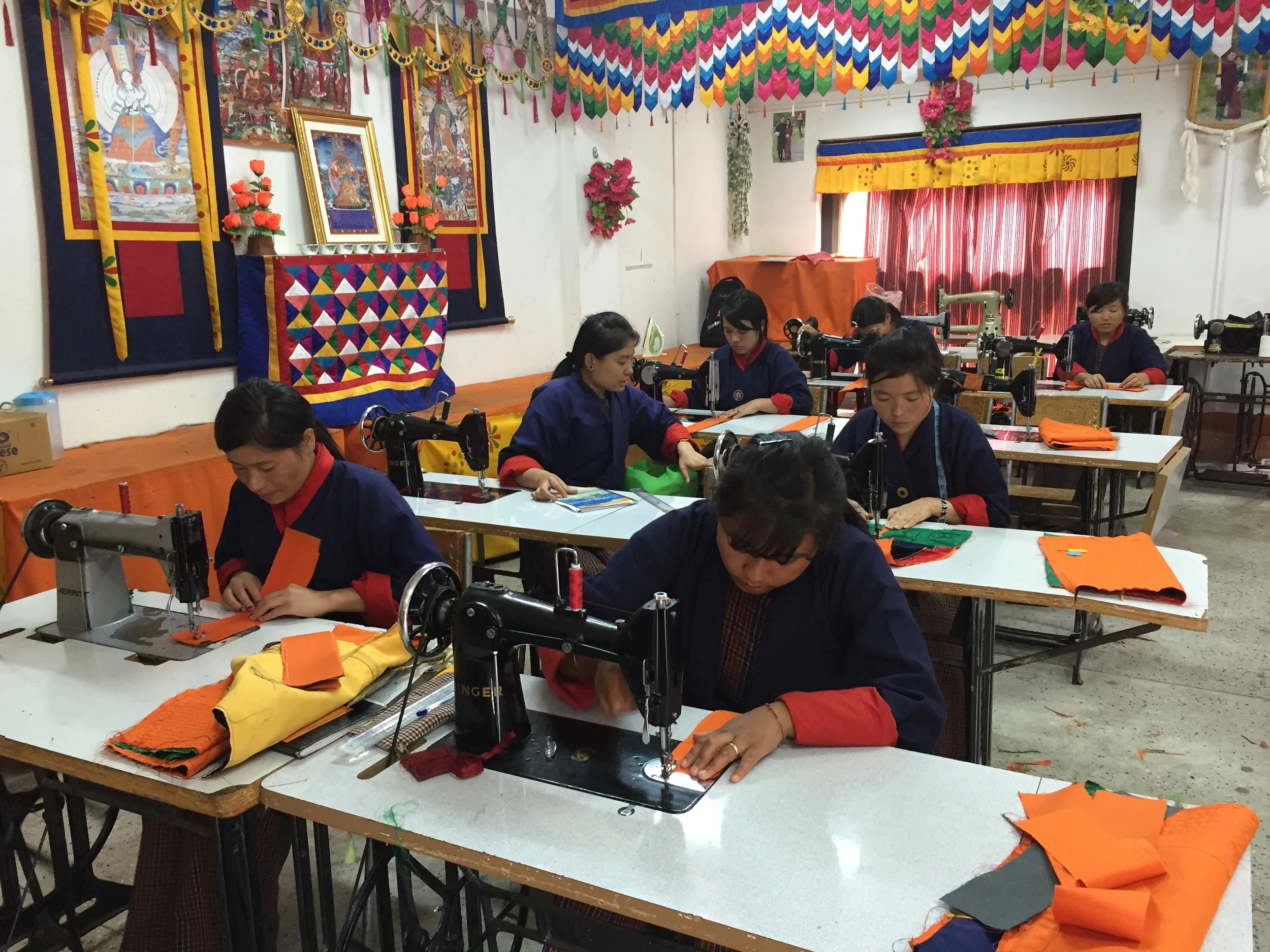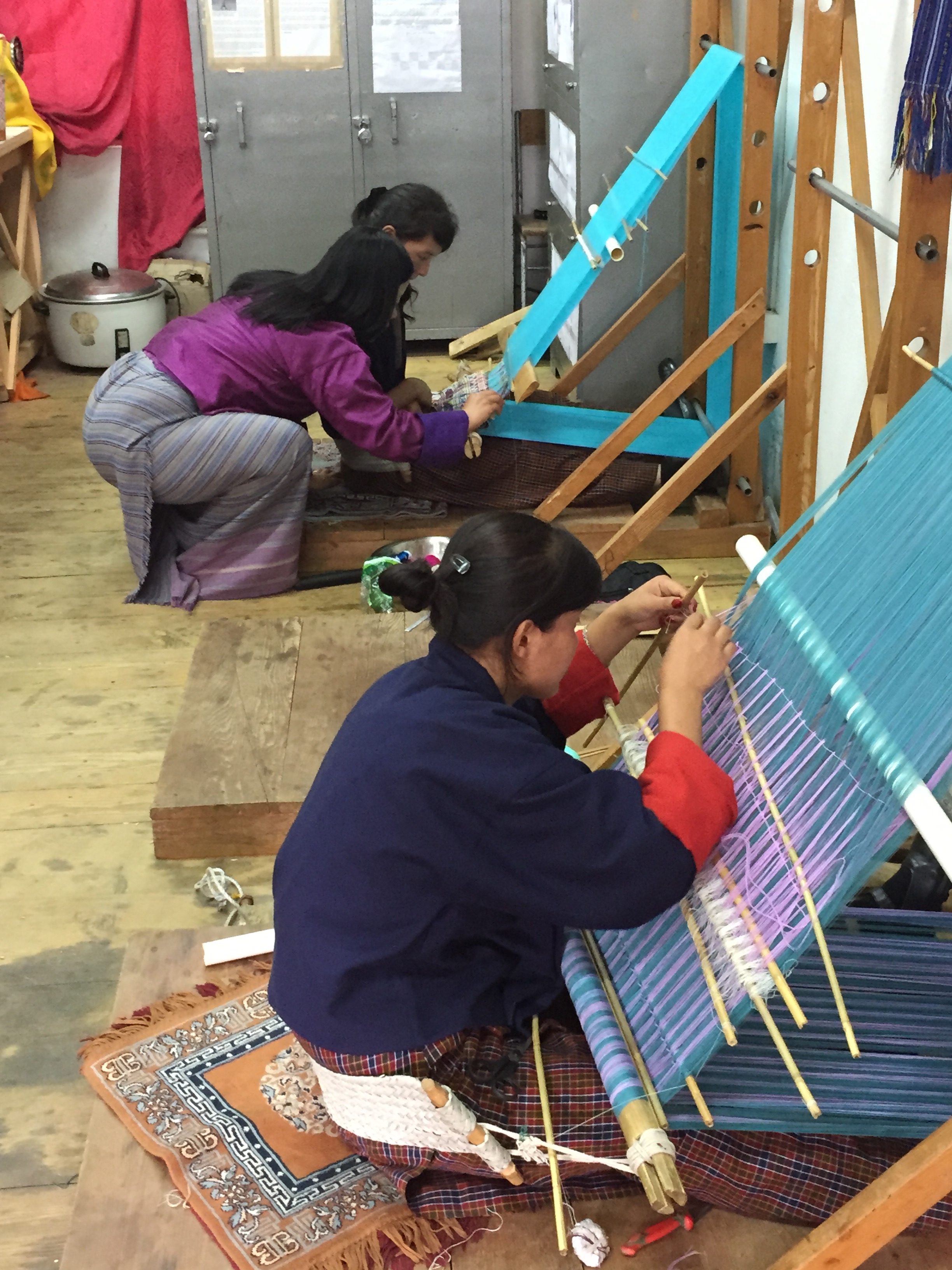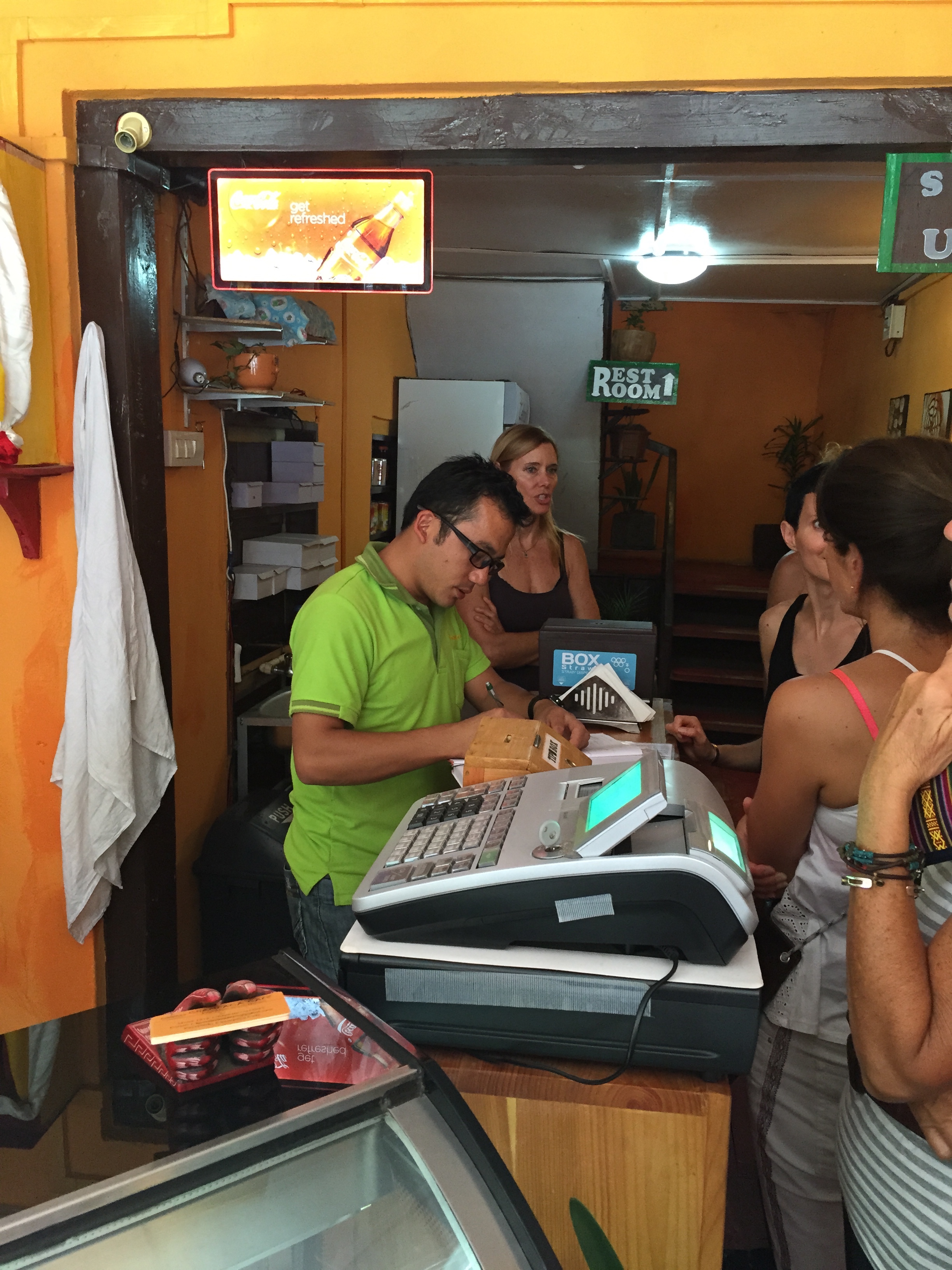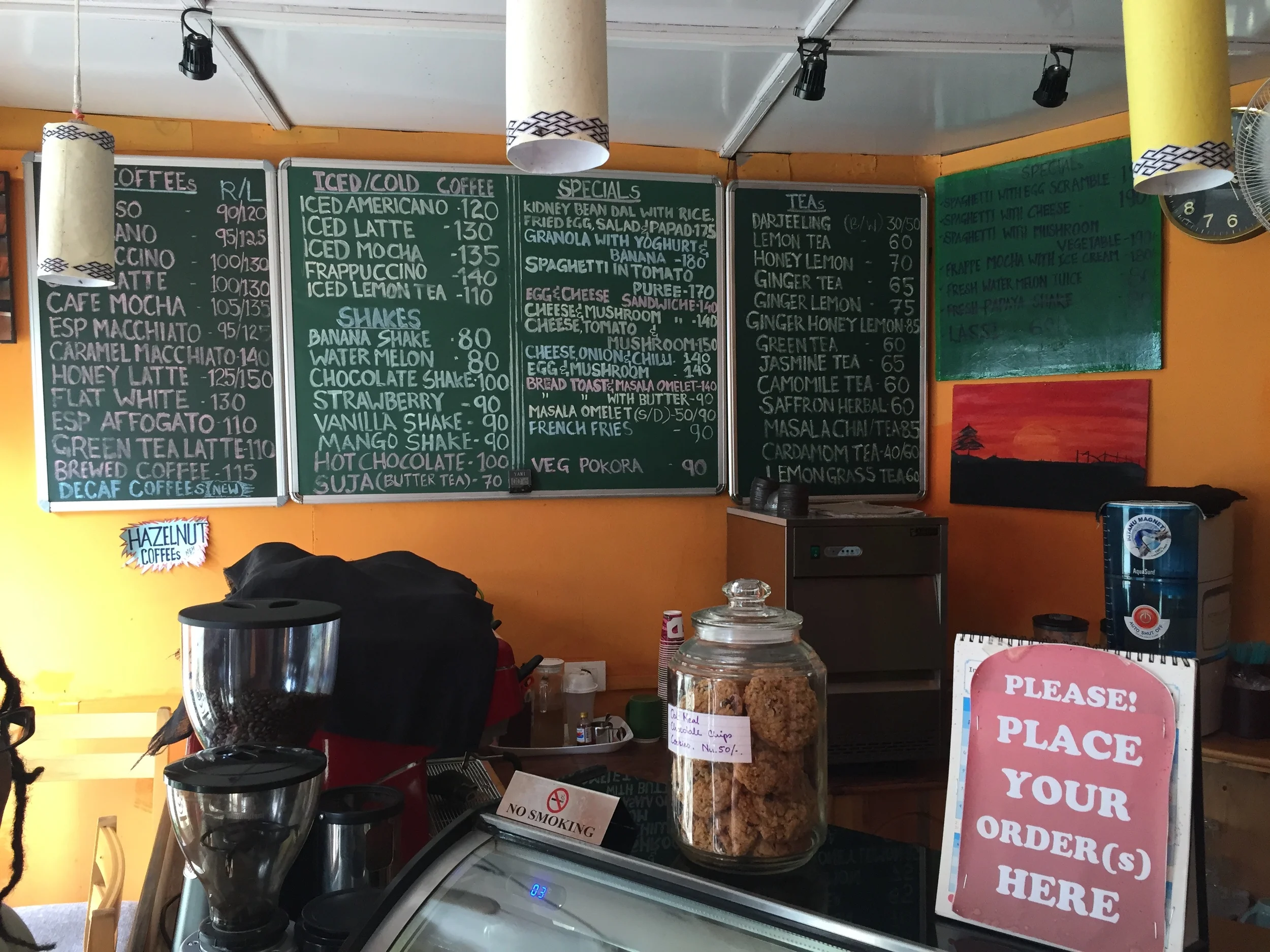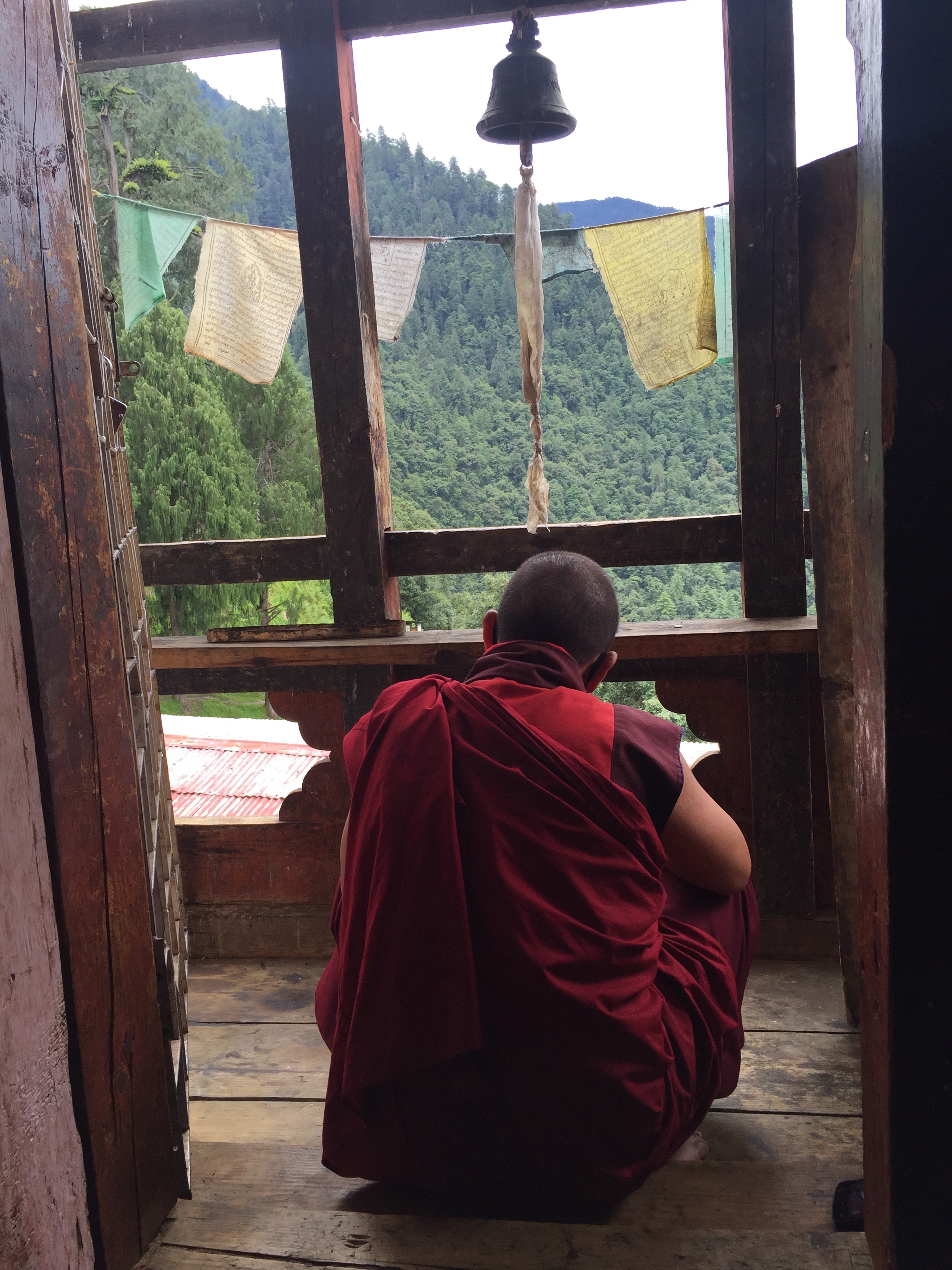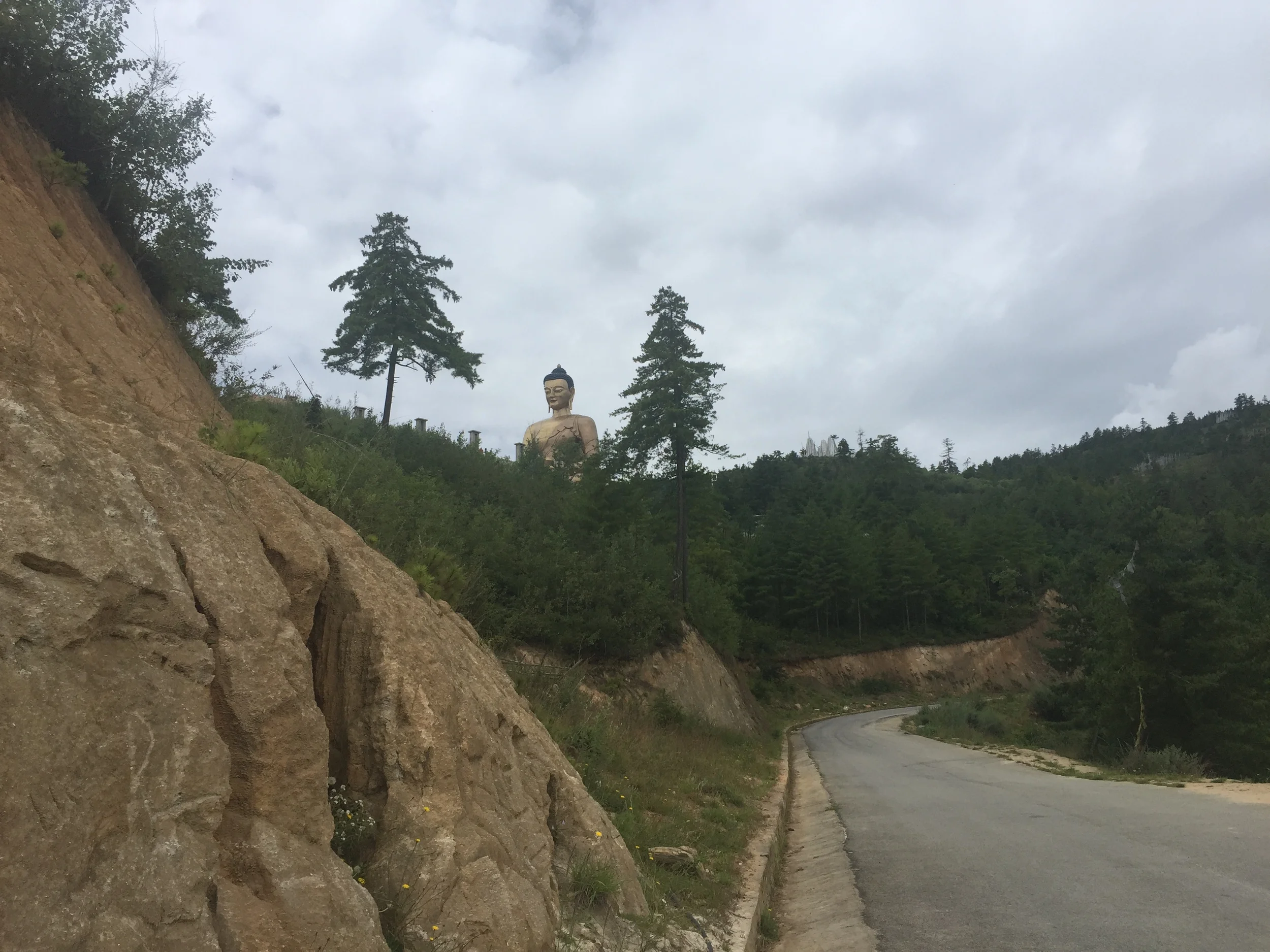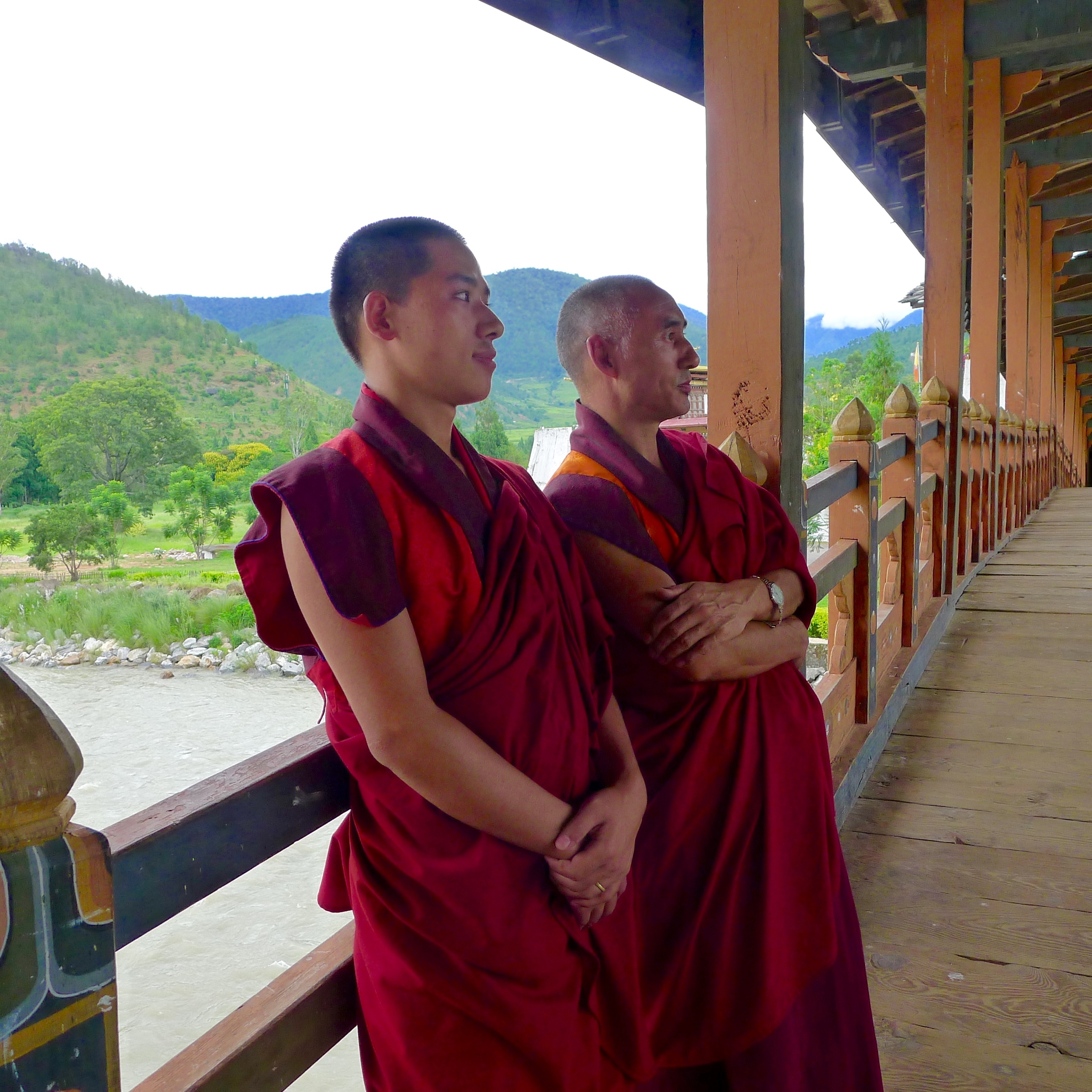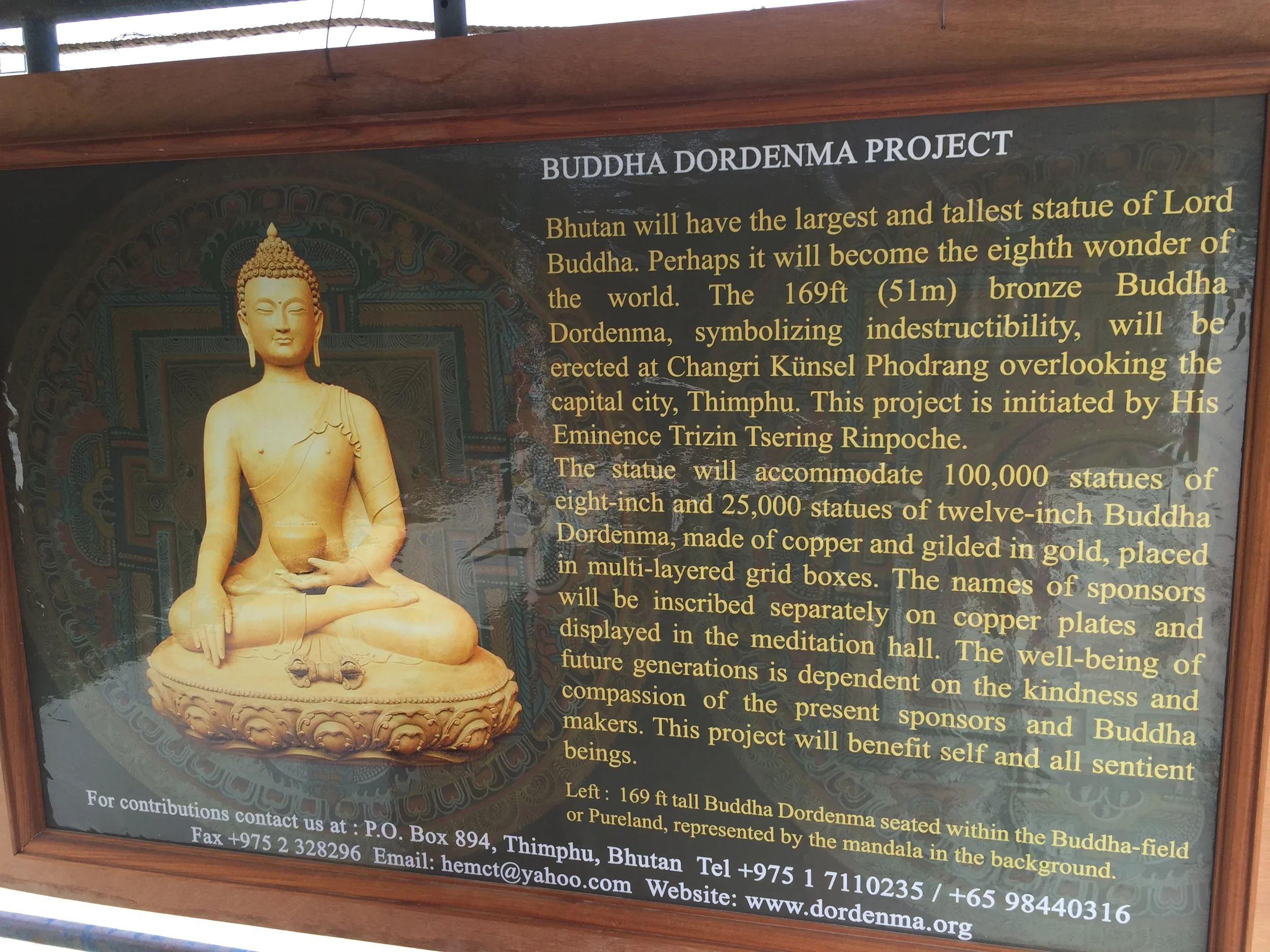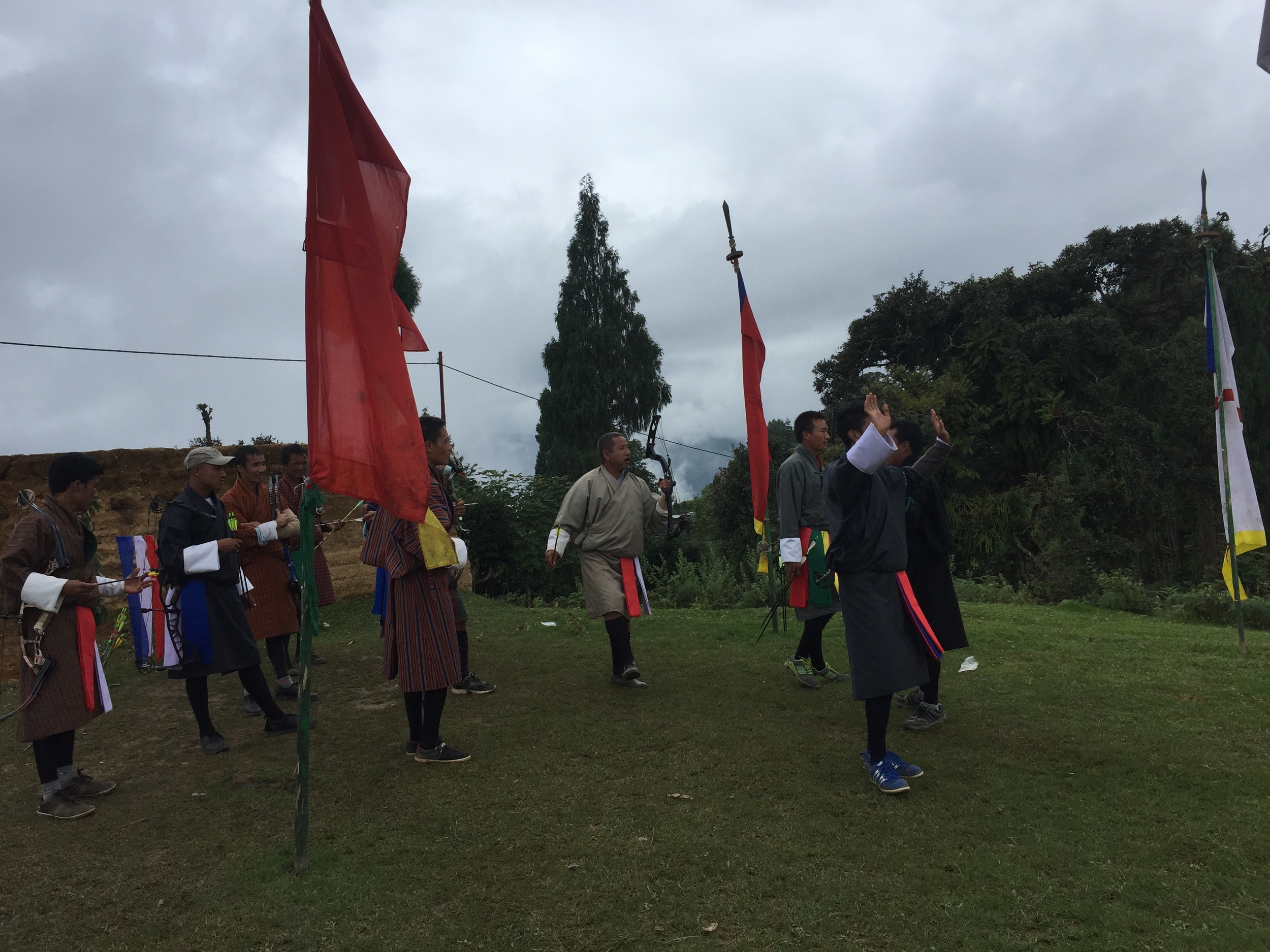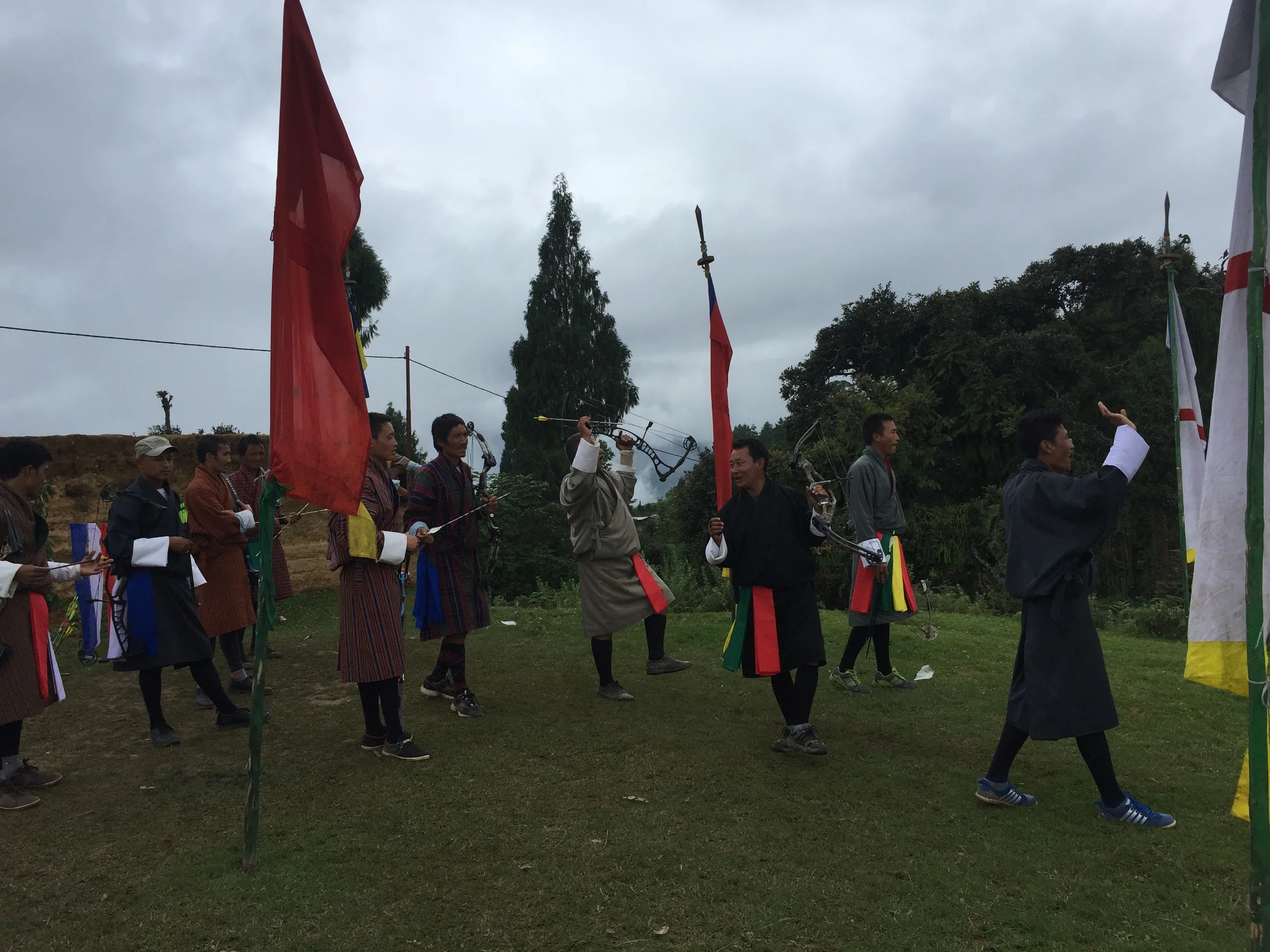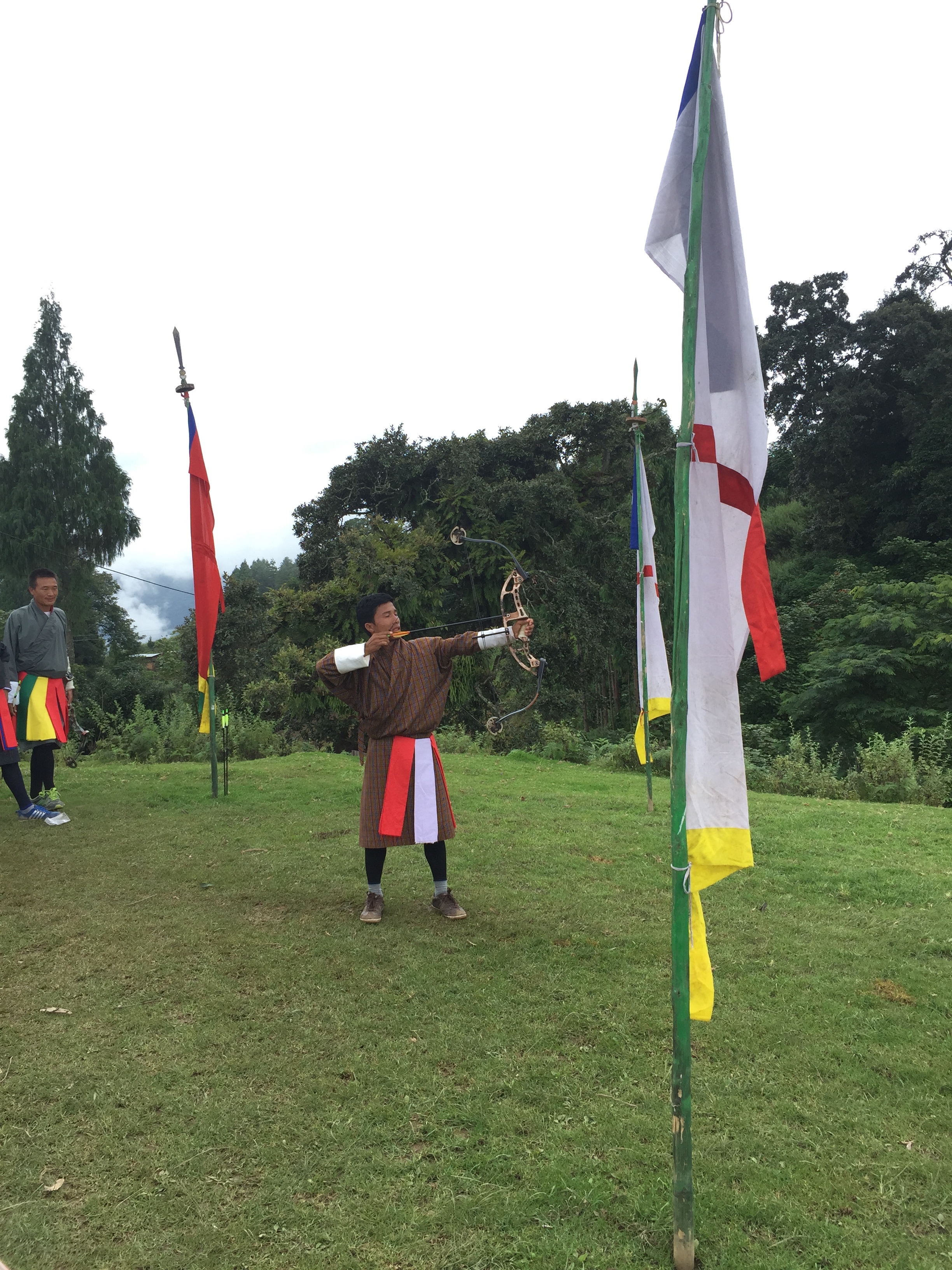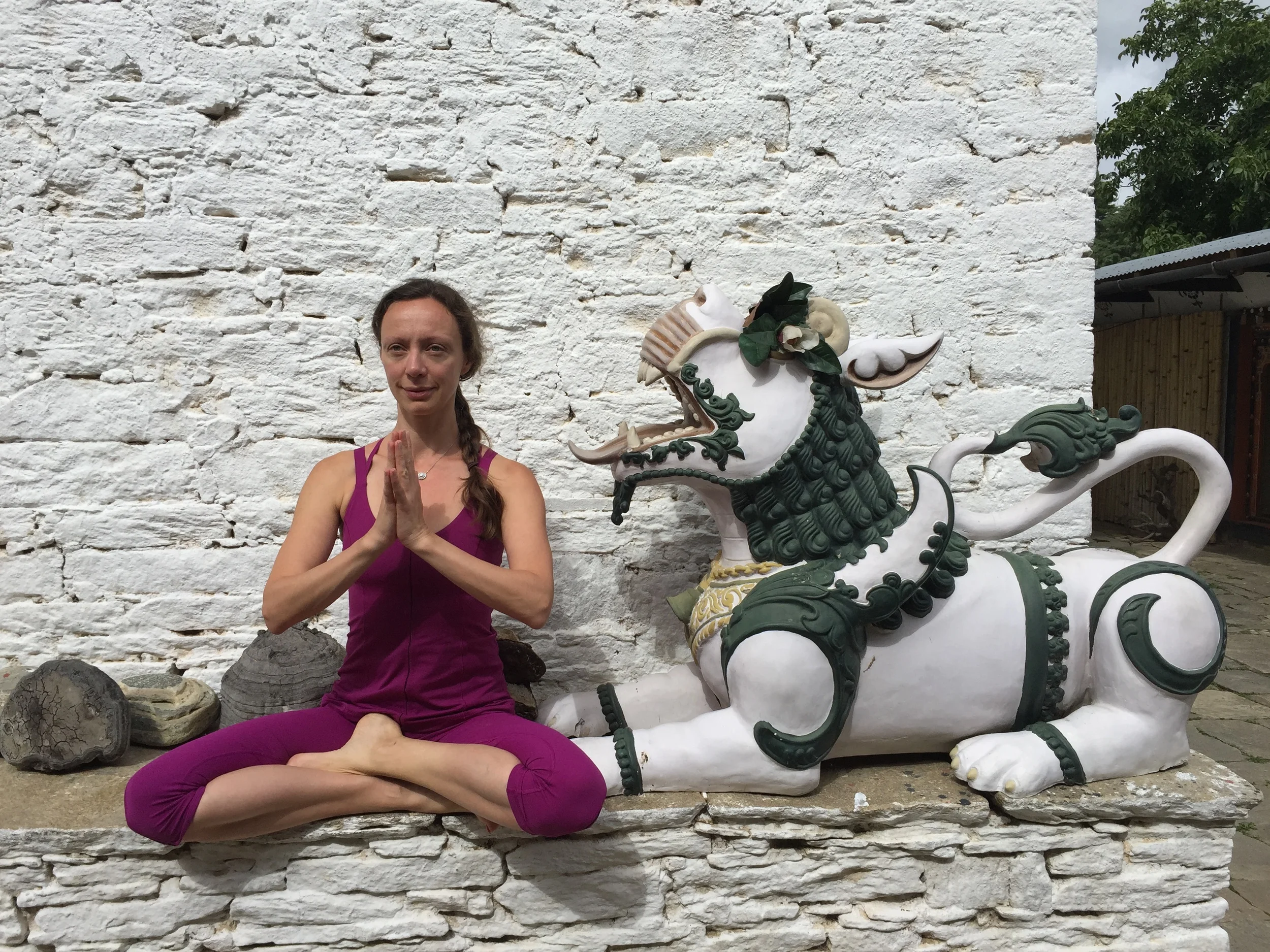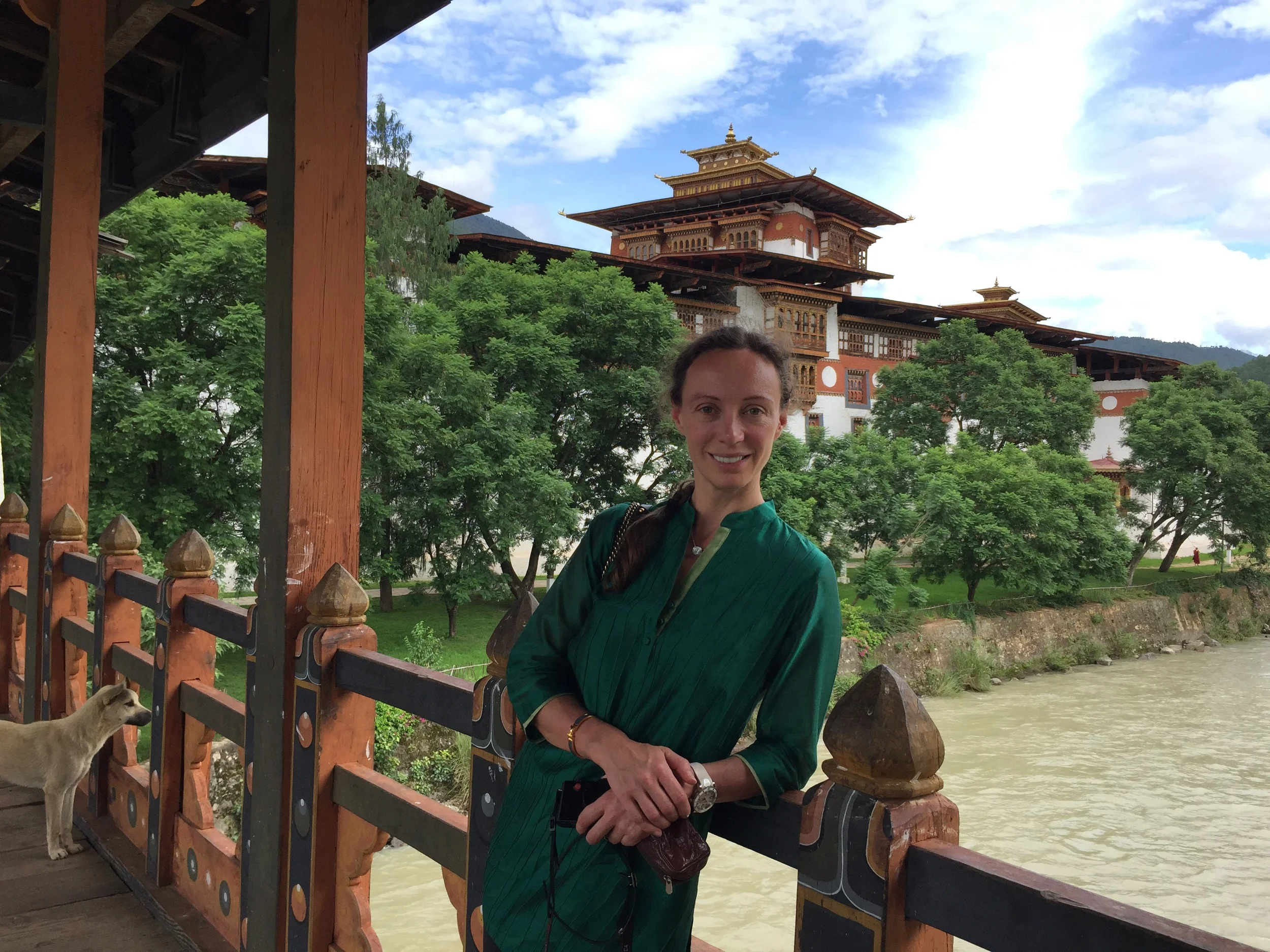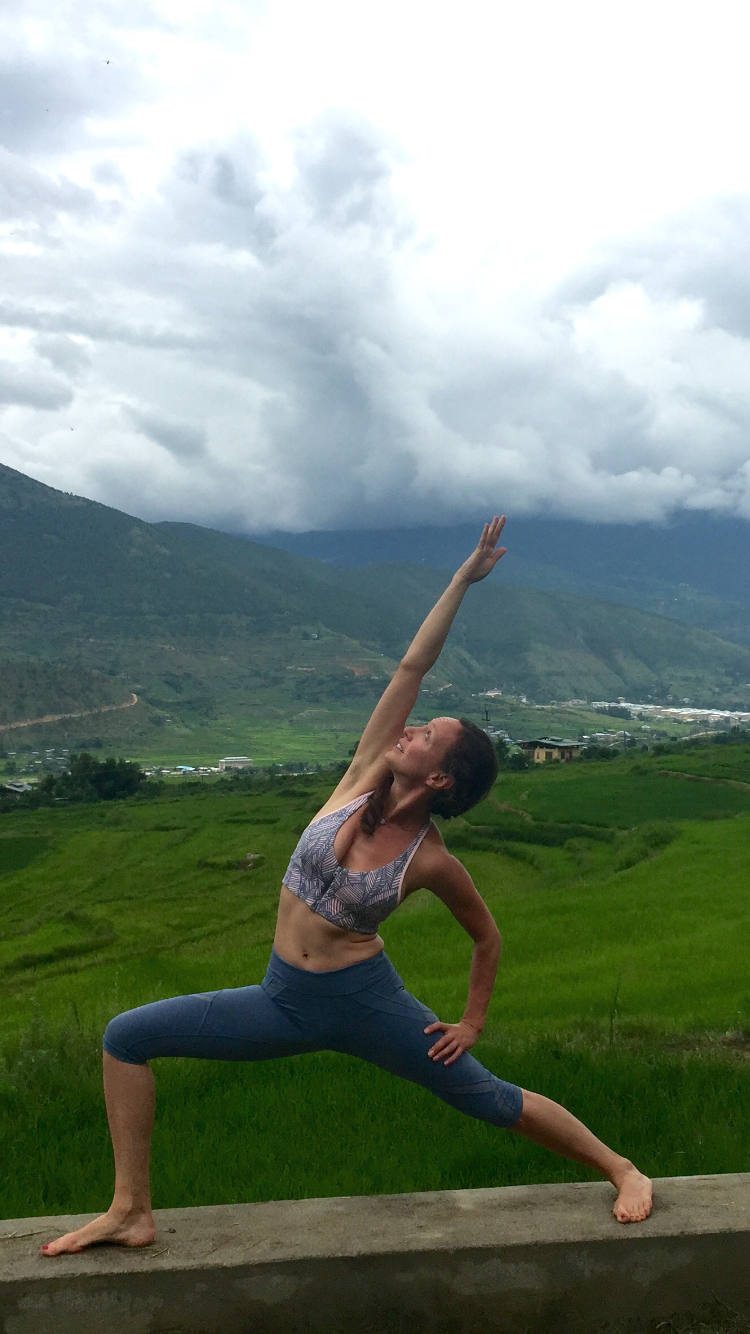7 lessons about business, learned on yoga retreat in Bhutan
I come from Russia, the largest country in the world. Little did I know, when I chose one of the world’s smallest countries for a refreshing escape from my busy Chicago lifestyle, that I would return having learned so much that could be of immediate benefit to my business.
After celebrating several multiple milestones of growth and success in the 17th year of my company, Russian Pointe, I was ready for an adventure. In previous travels, I’d cycled across Death Valley and Tuscany, kayaked my way around Alaskan glaciers, and hiked up Costa Rican waterfalls, so the bar was set high and I was looking for something at least equally challenging and memorable. My imagination was captured by Exotic Yoga Retreat’s 12-day yoga retreat to Bhutan, a country so little visited that many people have never even heard of it. I quickly booked the trip and less than two weeks later I was enjoying a first-class Delta flight to Bangkok, the first leg of what would be an even more memorable adventure than I had anticipated.
As I’d expected, I came home refreshed and relaxed. But as I boarded my flight home to Chicago, I realized that I’d also learned many unexpected lessons from my time in Bhutan.
1. There is only one opportunity to make a first impression.
We all know that first impressions are important, but rarely have I seen this wisdom practiced as well as I did in my first experience of Bhutan. This small Buddhist kingdom, nestled in the Himalayas, is accessible only by one of two daily flights from Bangkok stopping in India (or an eight-hour drive that few tourists would choose). So, for the majority of visitors, this flight is the very first impression of Bhutan, and Drukair-Royal Bhutan Airlines showed obvious awareness of this fact. For the three and a half hours we were in the air, no effort was spared to make the journey pleasant. The plane was exceptionally clean, the bathrooms were decorated with local flowers, the food was delicious, and the attendants were attentive and experienced with a polished and professional appearance.
Even when our companies have a strong following of loyal customers, we still have only one chance to make a first impression on new customers. Is that impression as positive and memorable as it could possibly be? Is every detail optimized and thoughtfully considered? Is there room for improvement in even one small area? My first impression of Bhutan couldn’t have been better, so that by the time the plane landed I already felt that I’d love to return some day. This is how I want my customers to feel, the first time they encounter my company and every time thereafter.
2. Maximize your resources, large or small.
With an area of less than 15,000 square miles and a population under 600,000, residents of Bhutan understand the importance of preserving natural resources, optimizing usage of land and water, and encouraging each person to contribute to the country’s growth, sustainability and prosperity.
As our companies grow, there’s a temptation to look for the easiest solutions, such as simply hiring more staff, moving to a larger facility or adding more equipment. After seeing so much accomplished in Bhutan without overtaxing the country’s resources, I rethought my “needs” for a larger office, more staff or more equipment, and I reevaluated what usage of office supplies I might consider excessive. I started reconsidering ways to optimize each process, improve systems and equip team members with the best skill development. Can we do more with less? I believe that we can if we care for and optimize the resources that we have.
3. Maintain a unified value system and culture.
Walking on the streets of Bhutan felt like walking in a fairy tale from one of the books my Grandma read to me when I was a child. I was mesmerized by the highly decorated houses and the local people’s national dress. I learned that, in an effort to preserve their culture’s character, Bhutan’s residents have chosen to reflect that character in their daily life, including housing style and the clothing worn by all students and working people. The locals with whom I spoke made it very clear that they are not forced to conform; instead, they embrace their unique traditions and cultural identity.
Herb Kelleher, founder of Southwest Airlines and a uniquely inspirational corporate leader, famously defined culture as “what people do when no one is looking.” I returned from Bhutan inspired to look deeper at my company’s surroundings, actions and decisions, hoping to build a healthier, stronger culture. For a business as for a country, culture goes beyond a dress code and how the office looks; it includes many less tangible qualities, such as maintaining a problem-solving approach and taking personal responsibility and pride in each part of our work and in exceeding our customers’ expectations. Behaviors and attitudes like these are key to building a strong corporate culture, which helps lead to sustainable growth and success.
4. Embrace an opportunity to learn something new, even when it isn’t easy.
One afternoon, our tour guide John Leupold (owner of Champaca Journeys) brought us to Champaca Café, the first café in the area to have an espresso maker, western-style baked goods and wifi. I discovered that the owners, in order to provide tourists and locals alike with these luxuries, had conducted a significant amount of research, including studying cooking videos on YouTube and learning how to adjust all the recipes for altitude.
What do we want to learn with enough motivation to inspire us to explore unknown ground, and to seek knowledge that isn’t readily available? Do we consider how to create demand for a hitherto unknown product, like chocolate chip cookies in Bhutan? Those cookies were delicious, and we should all strive to exercise such diligence and achieve such quality when venturing into the unknown.
5. Have fun and don’t take the world too seriously.
I’ll always remember hiking to one of Bhutan’s monasteries, high in the mountains, surrounded by trees, unreachable by car or even horse. It was a place of otherworldly solitude, meditation and silence. Early in the morning, we drove through charming villages to the starting point of our walk. A narrow path up the mountain revealed more spectacular views with each step, as we listened to the birds singing and the air became so pure I felt almost drunk. We explored the monastery respectfully, hearing monks chanting and sharing lunch with them. I climbed up to a prayer room with particularly breathtaking views of the valley. There, in this place of great spiritual dignity and outstanding natural beauty, I was surprised to discover a young monk sitting on a balcony playing on an iPad!
I suppose that everyone needs a break from an environment that is focused, serious and disciplined. The young monk and I shared a smile, without saying a word. This remarkable moment reaffirmed that when we take breaks from busy and structured work days for pursuits that may seem trivial (such as, in my case, reading about fashion, travel or cooking), we are responding to a natural need for lighthearted windows in a serious world.
6. Team spirit matters.
In the Kingdom of Bhutan, archery is a national sport. One afternoon, we watched a group of men in beautiful national costumes engaged in this powerful, elegant activity. With a small target and a great shooting distance, and the team’s success dependent on each individual’s performance, the 13 team members exhibited superb concentration. After each successful shot, the whole team celebrated by coming into a circle and cheerfully singing and dancing. It was clear that team spirit influenced individual spirit, giving each team member greater confidence.
How do we celebrate success, both personal and professional, both individual and group-based? Each time one team member hits our target, we all win. Shouldn’t the entire team cheer and raise the spirits of the next player? Celebrating each other’s successes creates a culture of support and synergy for continued – and increased – success for the entire team.
7. Mastery is worth the effort.
In his book Mastery, Robert Greene describes the commitment, dedication and effort necessary for mastering a skill. Reading Mastery, I was reminded of my years in a Soviet math school, my dance training and my art studies at the Hermitage Museum. In Bhutan, I visited an art school where students, selected for their skill and promise, undergo a rigorous program of study to perfect traditional arts and crafts. Like the schools I attended, the Bhutan art school is supported by the government, in an effort to preserve traditional arts.
It’s important to discover your own life’s task and make a strong commitment to it because, according to Greene, true mastery requires at least 10,000 hours of practice. With so many distractions, temptations and options, to what task are we willing to commit that much time and dedication? Are we willing to make enough effort to become best in our fields? In today’s world of desire for immediate satisfaction and easy accomplishment, we may be risking loss of culture, tradition and personal satisfaction, and the work ethic that is so important for the building and maintenance of a great community.
In my business, as in my personal life, I continue to believe that commitment and mastery are essential, and I try to lead by example for my employees. Bhutan’s examples of dedication beautifully reinforced this belief and the actions that it inspires.
